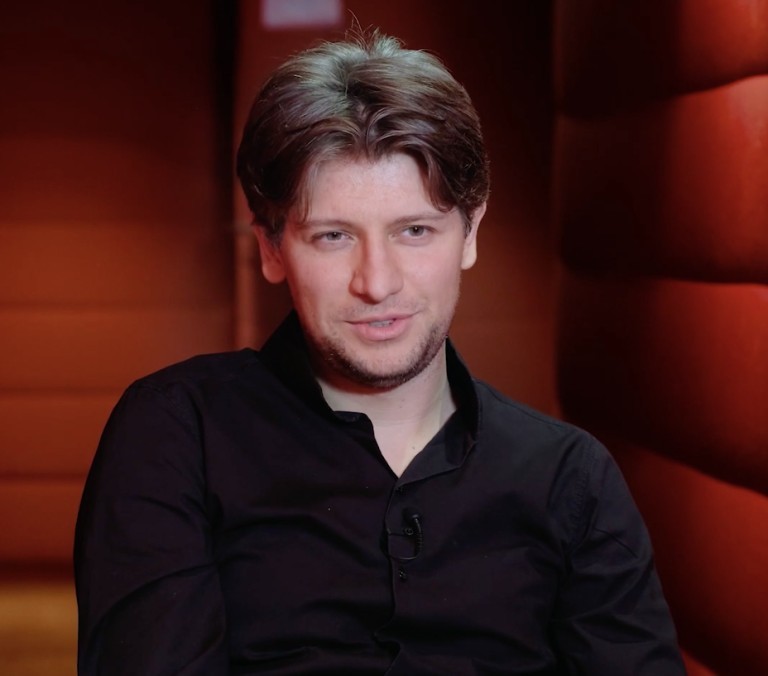Synopsis
An aristocrat in revolt against King Carlo, Ernani is in love with Elvira who loves him too. But she must marry an old relative, Baron Silva. Furthermore, the King himself is in love with her and has her kipnapped so as to guarantee Silva’s loyalty. When Carlo, now emperor, discovers the treason being fomented by Ernani and Silva, from love for Elvira, he offers Ernani his clemency. But in an old pact made with the Baron, Ernani had promised to kill himself whenever Silva so decided.
A vibrant work
Despite the reservations expressed by Victor Hugo when it came to the transposition of his works into music, and the French author’s sulphurous reputation in Venice, where the opera premiered, Verdi became the first composer to make a successful adaptation of Hernani. This was thanks, in particular, to the fidelity of Francesco Maria Piave’s libretto to the original play. But also, and above all, because the Italian composer managed to turn it into a vibrant, electric work, which over and above the heightening of the sentiment of love and cardinal values – honour, loyalty – brings out the typically Verdian splendour of the choruses. But the musical demands of the solo roles also require a first-class casting. So it is that the cast brought together under Daniele Rustioni’s baton seems exceptional with, above all, Francesco Meli, the world reference in the role of Ernani, Carmen Giannattasio handling the difficulties of the role of Elvira, along with her partner in the last Nabucco in Lyon, the baritone Amartuvshin Enkhbat. The promising bass Roberto Tagliavini rounds off this tableau of a seething interweaving of lovers.
Concert opera, in four acts, 1844
Libretto by Francesco Maria Piave, after Hernani by Victor Hugo
New production
As a coproduction with the Théâtre des Champs-Elysées
In partnership with the Auditorium - Orchestre national de Lyon
